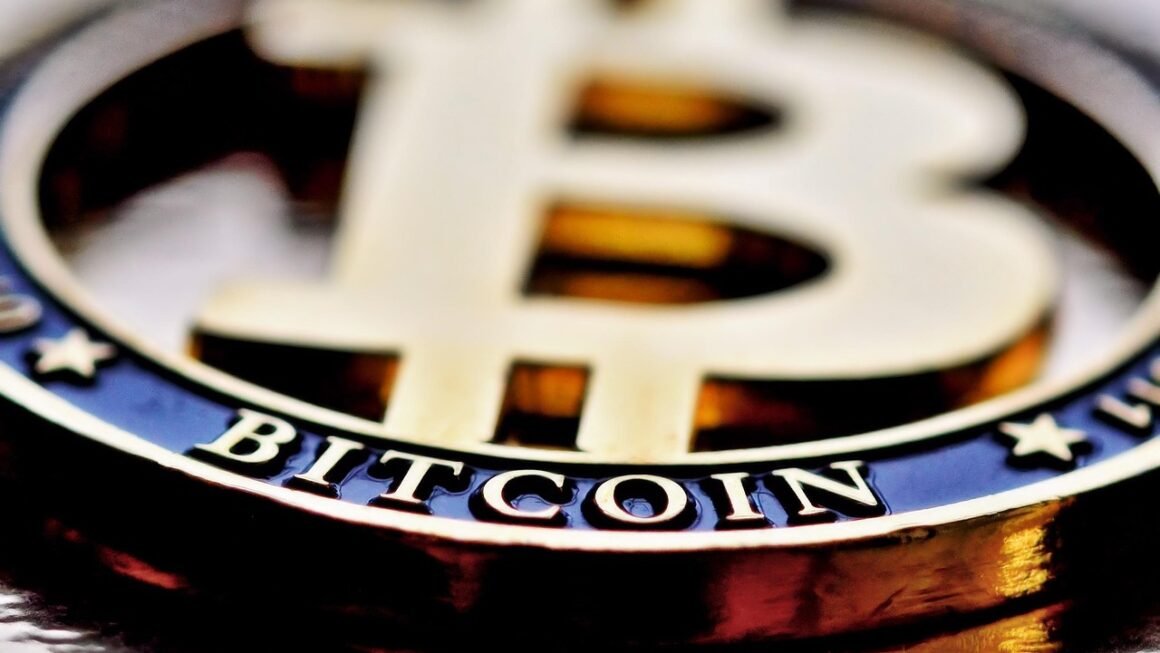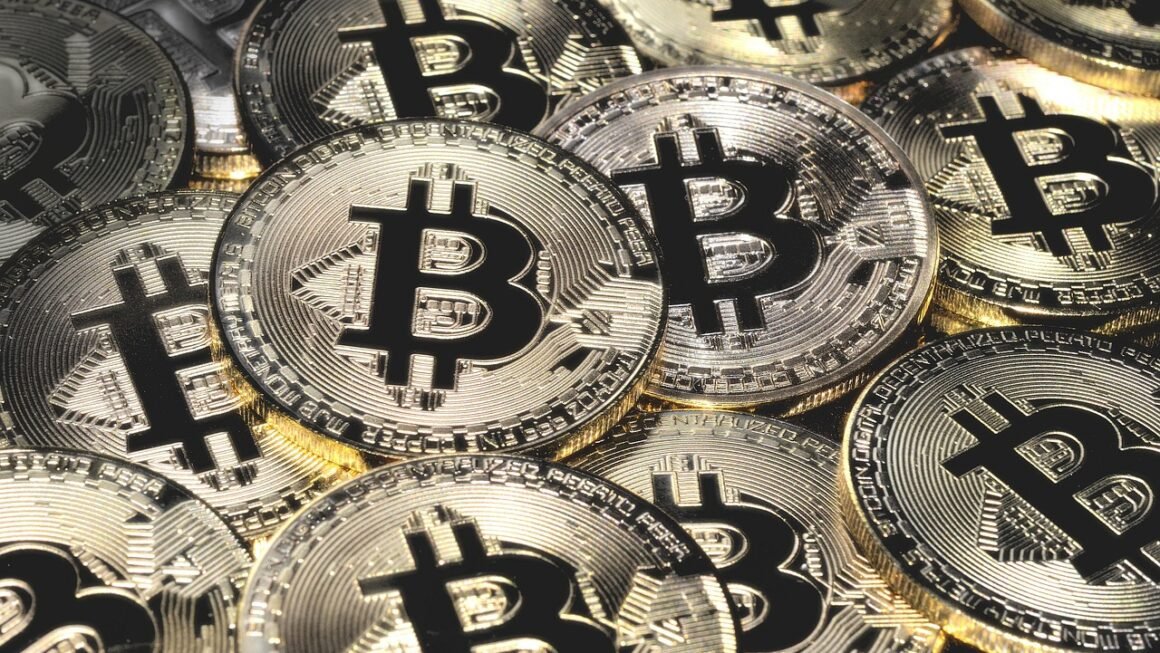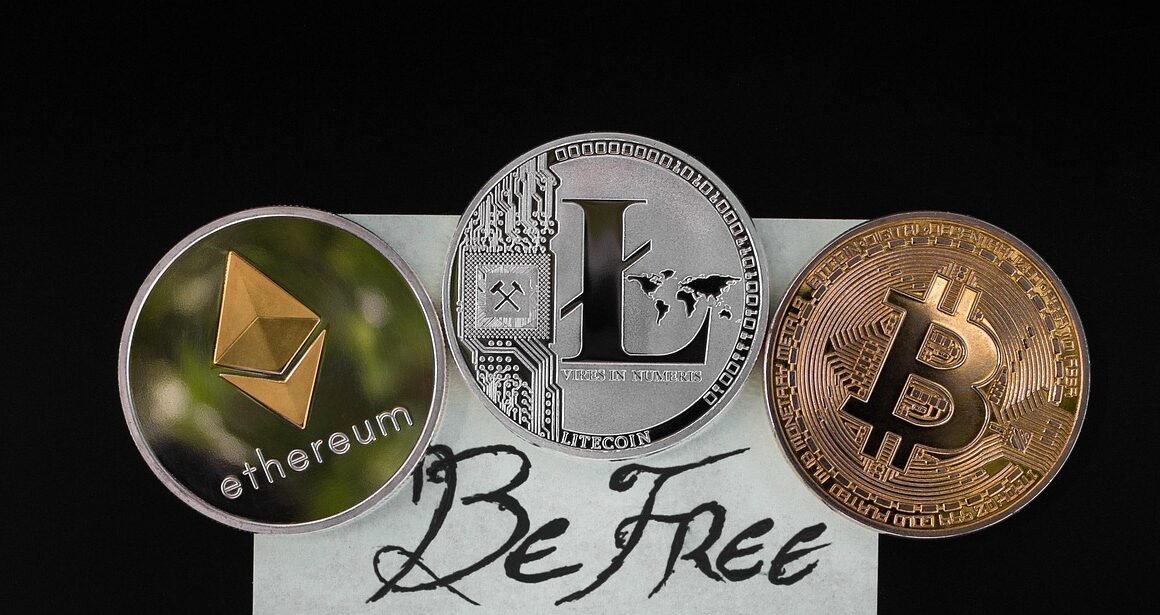Imagine a bustling marketplace, traders hawking their wares, and prices fluctuating based on supply and demand. That, in its essence, is what an exchange is, but in the modern world, exchanges have evolved far beyond physical locations. From cryptocurrency trading to stock market investments, understanding how exchanges work is crucial for anyone looking to participate in the global economy.
What is an Exchange?
Defining an Exchange
At its core, an exchange is a centralized platform where buyers and sellers can come together to trade assets. These assets can range from commodities like gold and oil to financial instruments like stocks, bonds, and cryptocurrencies. The primary function of an exchange is to facilitate these transactions in a regulated and transparent environment, ensuring fair price discovery and market efficiency.
Types of Exchanges
Exchanges come in various forms, each catering to specific types of assets:
- Stock Exchanges: These facilitate the buying and selling of company shares (stocks). Examples include the New York Stock Exchange (NYSE), Nasdaq, and the London Stock Exchange (LSE). They operate under strict regulations to protect investors and maintain market integrity.
Example: Buying shares of Apple (AAPL) on the Nasdaq.
- Commodity Exchanges: Here, participants trade raw materials or primary agricultural products. Common commodities traded include oil, gold, silver, coffee, and wheat.
Example: Trading crude oil futures contracts on the New York Mercantile Exchange (NYMEX).
- Foreign Exchange (Forex) Market: This decentralized global marketplace allows for the trading of currencies. It’s the largest and most liquid financial market in the world.
Example: Exchanging US Dollars (USD) for Euros (EUR).
- Cryptocurrency Exchanges: Relatively new compared to traditional exchanges, these platforms enable the buying, selling, and trading of digital currencies like Bitcoin and Ethereum. These can be centralized (CEX) or decentralized (DEX).
Example: Trading Bitcoin (BTC) for Ethereum (ETH) on Coinbase (CEX) or Uniswap (DEX).
How Exchanges Work
The mechanics of an exchange involve a matching engine that pairs buy orders with sell orders based on price and quantity. Orders are placed through brokers or, in the case of cryptocurrency exchanges, directly on the platform. Here’s a simplified breakdown:
Benefits of Using Exchanges
Increased Liquidity
Exchanges provide a central marketplace, attracting a large number of buyers and sellers. This high volume of trading activity leads to increased liquidity, making it easier to buy or sell assets quickly without significantly impacting the price.
Price Discovery
The constant interaction of buyers and sellers on an exchange helps determine the fair market value of assets. Prices are transparently displayed and constantly updated, reflecting the collective sentiment of the market.
Transparency and Regulation
Regulated exchanges operate under strict rules and guidelines, ensuring transparency and fairness for all participants. This helps to prevent market manipulation and protect investors from fraudulent activities.
Accessibility
Modern exchanges offer convenient access to a wide range of assets through online platforms and mobile apps. This allows individuals and institutions to participate in the global market from anywhere in the world.
Risks Associated with Exchanges
Market Volatility
Prices on exchanges can fluctuate significantly due to various factors, including economic news, political events, and investor sentiment. This volatility can lead to substantial gains but also significant losses.
Counterparty Risk
In some exchanges, particularly in over-the-counter (OTC) markets, there is a risk that the other party to a transaction may default on their obligations. This is known as counterparty risk.
Exchange-Specific Risks
Cryptocurrency exchanges, in particular, are susceptible to security breaches and hacks. There is also the risk of regulatory changes or exchange closures that could impact your investments.
Leverage Risk
Many exchanges offer leverage, allowing traders to borrow funds to increase their trading positions. While leverage can amplify potential profits, it also magnifies potential losses.
Choosing the Right Exchange
Evaluating Your Needs
Before choosing an exchange, consider your specific needs and investment goals. Ask yourself the following questions:
- What types of assets do you want to trade?
- What is your risk tolerance?
- What level of security do you require?
- What fees are you willing to pay?
Key Factors to Consider
When evaluating different exchanges, consider these key factors:
- Security: Look for exchanges with robust security measures, such as two-factor authentication, cold storage of funds, and insurance coverage.
- Fees: Compare the trading fees, withdrawal fees, and deposit fees charged by different exchanges.
- Liquidity: Choose exchanges with high trading volumes and tight spreads to ensure easy execution of trades.
- Supported Assets: Make sure the exchange supports the assets you want to trade.
- Regulation: Opt for regulated exchanges that comply with relevant laws and regulations.
- User Interface: The exchange platform should be easy to navigate and user-friendly.
Due Diligence
Always conduct thorough research before depositing funds into any exchange. Read reviews, check the exchange’s reputation, and be wary of unrealistic promises or guarantees. Never invest more than you can afford to lose.
- Remember to diversify your investments across multiple exchanges to mitigate the risk of losing access to your funds if one exchange experiences problems.
Conclusion
Exchanges are fundamental to the functioning of modern financial markets, providing platforms for buying and selling a wide array of assets. By understanding the different types of exchanges, their benefits, and associated risks, investors can make informed decisions and participate effectively in the global economy. Choosing the right exchange based on your individual needs and risk tolerance is paramount for successful investing and trading.


